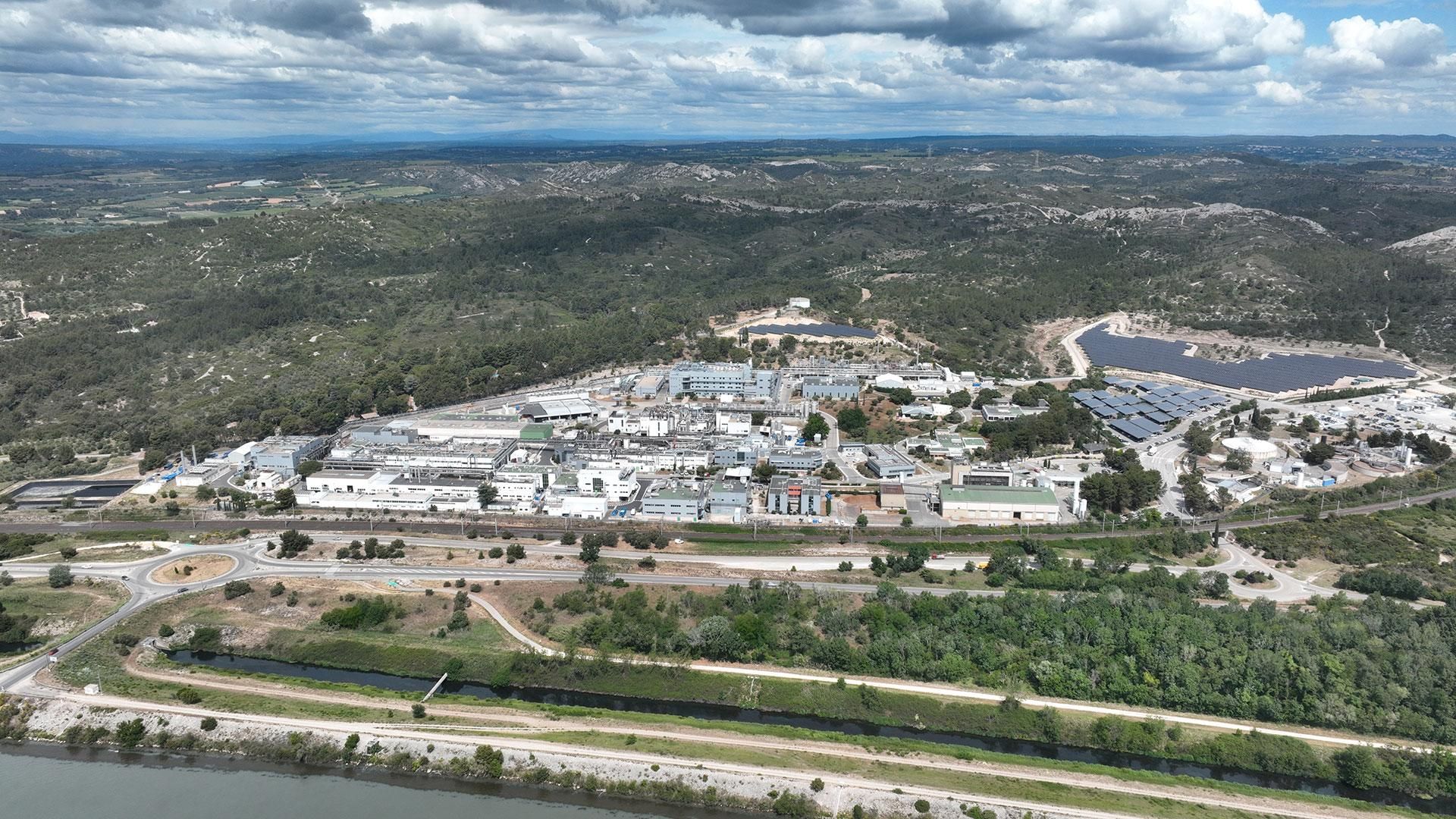Trump's Sanctuary City Crackdown: List Of Targeted Jurisdictions

Table of Contents
Understanding the "Sanctuary City" Designation
The term "sanctuary city" lacks a precise legal definition, leading to significant ambiguity. Generally, a sanctuary city or jurisdiction is characterized by policies that limit cooperation with federal immigration authorities. These policies vary widely across different jurisdictions, leading to a complex and often contested landscape. Some jurisdictions might restrict the sharing of information about undocumented immigrants with federal agencies, while others might actively prohibit local law enforcement from inquiring about immigration status during routine interactions. Still others might provide legal resources and support to undocumented immigrants facing deportation.
The legal ambiguities surrounding the term and its enforcement have been central to the ongoing legal battles. The lack of a uniform definition creates challenges in determining which jurisdictions truly qualify as "sanctuary cities" and whether federal action against them is legally justified.
- Limited cooperation with federal immigration authorities: Refusal to honor detainer requests from Immigration and Customs Enforcement (ICE).
- Restrictions on sharing information about undocumented immigrants: Limitations on data sharing concerning immigration status with federal agencies.
- Policies protecting undocumented immigrants from deportation: Provision of legal aid and other support services to undocumented immigrants.
Key Jurisdictions Targeted in the Sanctuary City Crackdown
The Trump administration's crackdown on sanctuary cities focused on several key jurisdictions across the country, leading to numerous legal battles and significant political fallout.
California: Cities like Los Angeles, San Francisco, San Jose, and Oakland, along with numerous counties, faced intense pressure and legal challenges due to their sanctuary city policies. These cities often implemented policies that limited cooperation with ICE and provided resources to undocumented immigrants. Legal challenges focused on the federal government's authority to compel local cooperation in immigration enforcement.
New York: New York City, a major hub for immigrant populations, became a focal point of the crackdown. Its policies protecting undocumented immigrants from deportation led to significant clashes with the federal government, resulting in several court battles.
Texas: While Texas generally holds a more conservative stance on immigration, certain jurisdictions within the state, particularly those with large immigrant populations, faced scrutiny and pressure for their policies perceived as supportive of undocumented immigrants.
Illinois: Chicago and other Illinois cities with substantial immigrant communities implemented policies seen as protective of undocumented residents, leading to clashes with the federal government.
Other States: Numerous other states, including Oregon, Washington, and Massachusetts, have jurisdictions that adopted sanctuary city policies, resulting in various levels of federal response and legal challenges.
| State | City/County | Status | Legal Challenges |
|---|---|---|---|
| California | Los Angeles, San Francisco, etc. | Significant legal battles, continued policy | Yes |
| New York | New York City | Significant legal battles, continued policy | Yes |
| Texas | Various jurisdictions | Varying levels of cooperation and challenges | Some |
| Illinois | Chicago, etc. | Significant legal battles, continued policy | Yes |
| Oregon | Portland, etc. | Policy variations, ongoing challenges | Some |
The Legal Battles and Outcomes
The sanctuary city crackdown sparked a cascade of legal challenges, reaching the highest levels of the judicial system. The Supreme Court did not directly address the core constitutional questions surrounding sanctuary city policies, but lower court decisions resulted in a complex patchwork of rulings and injunctions, leaving the legal landscape of immigration enforcement highly fragmented.
- Key legal arguments: The federal government argued that sanctuary city policies hampered federal immigration enforcement and endangered public safety. Jurisdictions adopting sanctuary policies countered by arguing that they were acting within their sovereign authority and that the federal government's actions infringed on states' rights and potentially violated due process protections.
- Impact of judicial interpretations: Varying interpretations of federal law and the balance of power between federal and local governments shaped the outcomes of these legal battles, creating regional inconsistencies in immigration enforcement.
- Financial implications: The legal battles imposed significant financial burdens on municipalities, requiring them to allocate substantial resources to defense and litigation.
The Impact of the Sanctuary City Crackdown
The sanctuary city crackdown has had a multifaceted impact, extending far beyond the immediate legal battles. The effect on immigration enforcement has been significant, with some jurisdictions experiencing increased cooperation with federal authorities while others remain steadfast in their commitment to protecting undocumented residents.
- Effect on immigration enforcement: Increased deportations in some areas, decreased cooperation with ICE in others.
- Impact on trust between law enforcement and immigrant communities: Eroded trust in some areas, strengthened community bonds in others.
- Changes in local policies: Some jurisdictions modified their policies in response to federal pressure, while others maintained their stance.
- Changes in crime rates: No definitive evidence links the crackdown directly to changes in crime rates.
- Economic consequences: Economic impacts have varied across jurisdictions, with some communities potentially facing economic hardship.
- Shift in public opinion: Public opinion on sanctuary cities remains sharply divided along ideological lines.
Conclusion:
The Trump administration's sanctuary city crackdown targeted numerous jurisdictions across the United States, leading to a series of protracted legal battles and significant shifts in immigration enforcement practices. The outcomes have been varied, reflecting the complex interplay of federal and local authority, judicial interpretations, and shifting political landscapes. The lasting impact on immigration policy, intergovernmental relations, and public trust remains a subject of ongoing debate and research. For further information on the ongoing effects of the sanctuary city crackdown, continue exploring resources on immigration law and policy. Understanding the complexities of this issue requires ongoing research into the evolution of sanctuary city policies and their legal ramifications.

Featured Posts
-
 Rosemary And Thyme Essential Oils Properties And Uses
May 31, 2025
Rosemary And Thyme Essential Oils Properties And Uses
May 31, 2025 -
 Inauguration Sanofi France Le Communique De Presse Complet
May 31, 2025
Inauguration Sanofi France Le Communique De Presse Complet
May 31, 2025 -
 The Future Of Tesla And Space X Elon Musks Crossroads
May 31, 2025
The Future Of Tesla And Space X Elon Musks Crossroads
May 31, 2025 -
 March 26th Remembering Prince And The Fentanyl Report
May 31, 2025
March 26th Remembering Prince And The Fentanyl Report
May 31, 2025 -
 Essex Man Sentenced For Animal Pornography Offences
May 31, 2025
Essex Man Sentenced For Animal Pornography Offences
May 31, 2025
